|
A couple of years ago, Kim Yaris and I wrote a collection of guided reading books to go with the Who's Doing the Work? K-2 Lesson Sets (Stenhouse, 2018). Carnegie Learning has graciously agreed to let me share the fiction titles from this collection with you, here on this site.
There are 15 titles ranging from Level A to Level J. I have built flipbooks with each title, and embedded them here on the site. The text below, one of my favorite in the collection, is an example of the set-up for each book, and will show you how the flipbooks in the collection work. Missing Socks, like all the books in the collection, includes illustrations designed to engage students and deepen the story.
Here are some highlights from the collection:
Mindfulness:
There are three titles in the collection that relate to mindfulness. Happy (Level C) is about a little girl who is exploring different kinds of happiness, such as the calm happiness of a breeze vs. the palpable happiness of a surprise birthday party. Hurry Up, Slow Down (Level D) is about a little girl who is walking to school with her father and is caught up in the simple beauty around her. Finally, Everyday Beautiful (Level H) is about two boys who have been asked to find something beautiful. One boy overlooks the natural beauty around him while another shows him how simple things can be beautiful.
Shadows:
There are five titles in the collection that use science related to light and shadows to tell a story. They range in levels from C-J. We wrote these to align with science standards. If you teach light and shadows, you may find these texts a nice way to integrate your science content into your reading instruction.
The books are all in flipbook format and are free to use and share with children, but they require a password to access them. To get the password, complete the form below. When you hit submit, a password will pop up on the screen. Use that password in step 2 (below) to access the books.
If you already have the Who's Doing the Work? K-2 Lesson Sets, these digital versions of some of the books should be helpful. Although you don't need the lessons to use the books, if you are interested in the lessons that go with the books, they are available from Stenhouse Publishers.
33 Comments
When “The Science of Reading” community says that there are decades of research on early literacy instruction, I see the truth in this statement. Almost twenty years ago I wrote a dissertation entitled “A Meta-analysis of Phonological Awareness.” At that point in the history of literacy instruction, there were already mounds of research on the topic, enough to warrant a statistical summary of the data, which is something of a litmus test for the robustness of an area of inquiry.
The research was well received by the small audience that read it. It was one of three finalist for the International Reading Association’s (currently International Literacy Association) coveted Dissertation of the Year Award, and it won the Dissertation of the Year Award for the school of education at the University of Kansas where I was graduating. One unsurprising result of the study was that you could teach students to be phonologically aware and that this instruction improved students’ reading acquisition. In fact, one could say that you really don’t need to teach students phonological awareness unless you want them to learn how to read. Teaching phonological awareness is that important. Not teaching phonological awareness would be like suggesting that one couldn’t learn to swim without getting into some water. The second result, the one that excited my advisors, was that, while instruction in phonological awareness was critical to early literacy, one could get too much instruction in the area. After a student was sufficiently phonologically aware, continued instruction in hearing sounds within words didn’t just lend no further improvement, it produced an inhibitory effect. In other words, phonological awareness development is essential, but too much of it can actually impede progress. A meta-analysis is a statistical summary of all the statistical research on a topic. In designing a meta-analysis, one must decide whether to include unpublished dissertations. Unlike later meta-analyses of phonological awareness, I chose to include dissertations in my data, which meant that unpublished results were included. I did this to compensate for the publishing world’s bias towards positive results. Perhaps this is why I discovered some potential problems with phonological awareness instruction. In the later (and even current) phonological frenzy, I cringed to see whole classes of third-graders engaged explicit and isolated phonological awareness practice. I never published these results in a journal, partly because I had toddler twin sons, partly because I knew I wanted to remain a practitioner rather than an academician, partly because I was sick of the topic, and partly because I received a phone call from Linnea Ehri (who's work I was studying) who was also working on a meta-analysis of the phonological awareness research. But these findings have informed my lifetime of work in literacy and have been part of what has driven me to hold tight to systematic instruction in phonological awareness with a balanced perspective of not overdoing it. On one side of the current (and historical) debate, it is easy for phonological awareness instruction to be spotty and random, if at all, which I have continued to see as problematic even when mine wasn’t a popular perspective among some in the “balanced literacy” community. On the other side of the debate, it is easy for phonological awareness instruction to be overdone, which I have also continued to see as problematic even when perspective was unpopular among “the science of reading” community (even before it was called that). If you are convinced that something is THE key to literacy, whether contextualizing work with sounds and the print system that lays over them or explicitly teaching students the bits and pieces of our orthographic system, be careful not to push this certainty to extremes such that your reasonable conviction (and both convictions are reasonable) becomes the Achilles heel of your instruction. |
AuthorDr. Jan Burkins is a full-time writer, consultant, and professional development provider. Categories
All
|
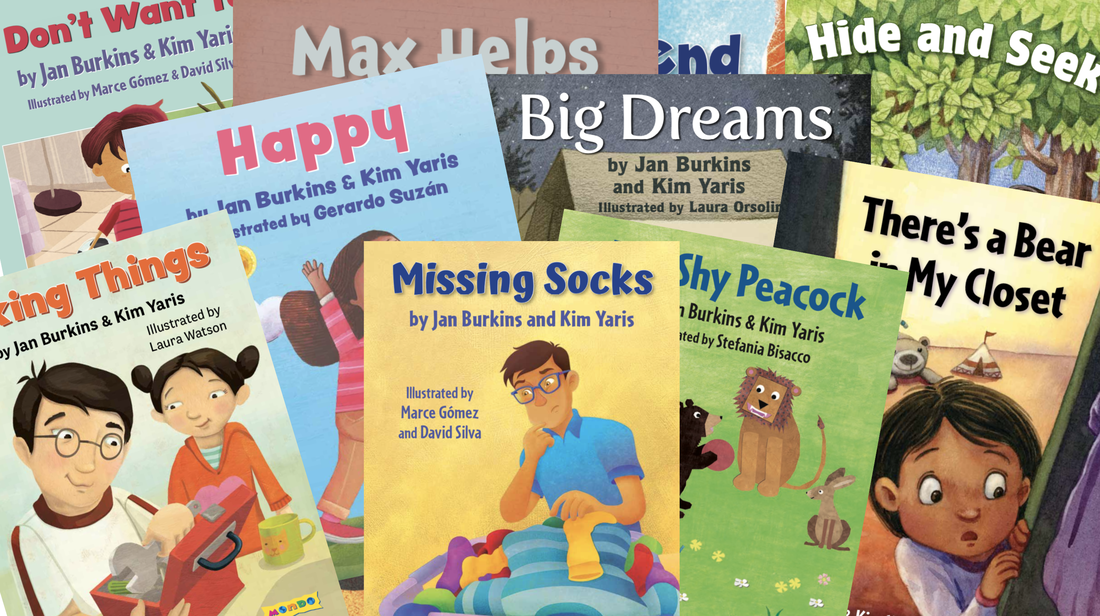
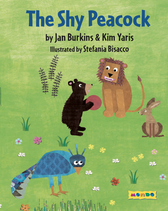
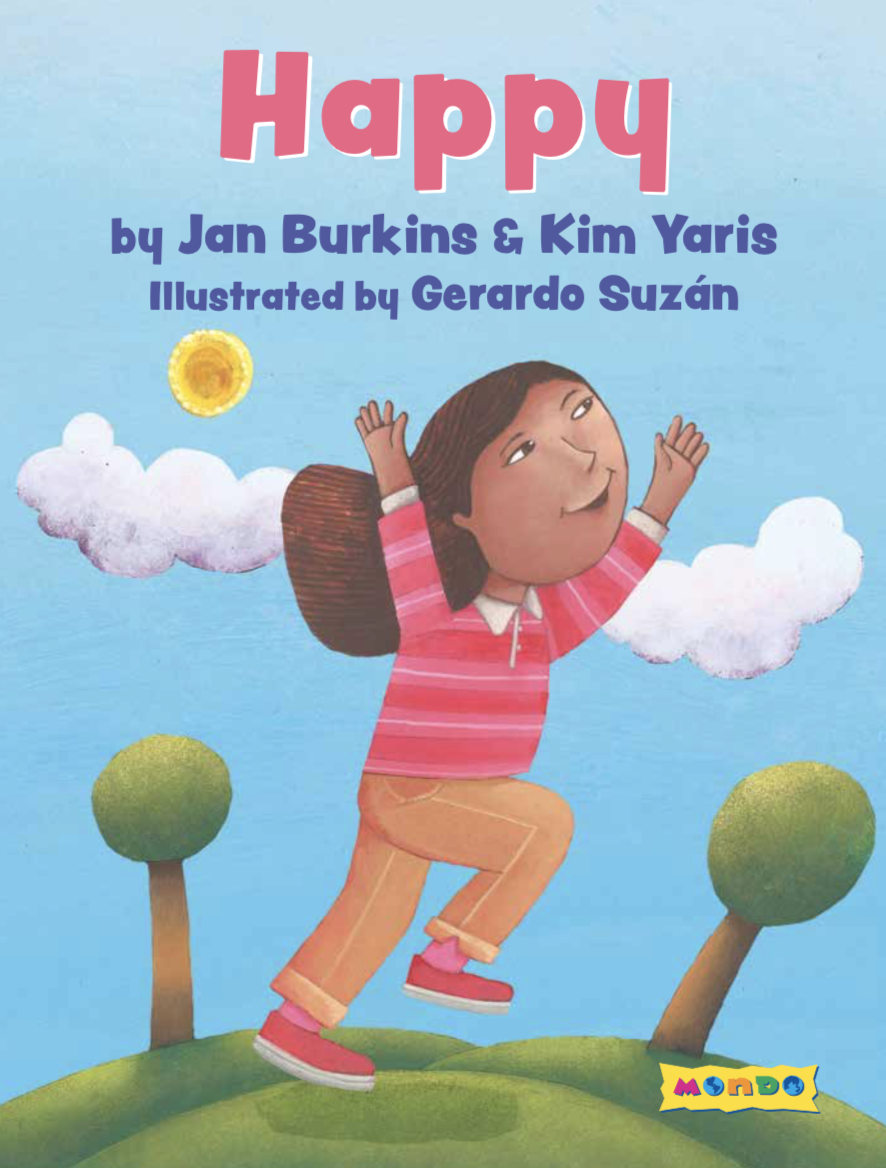
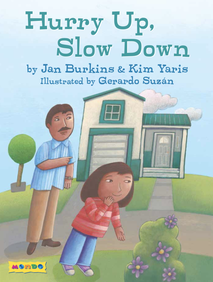
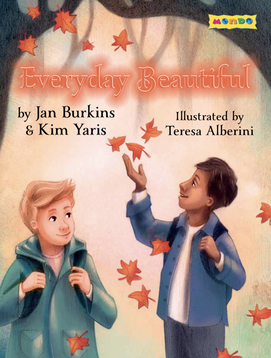
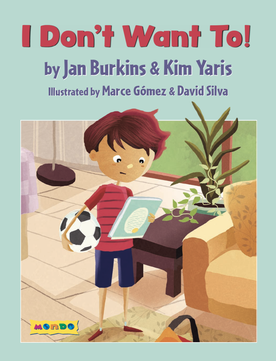
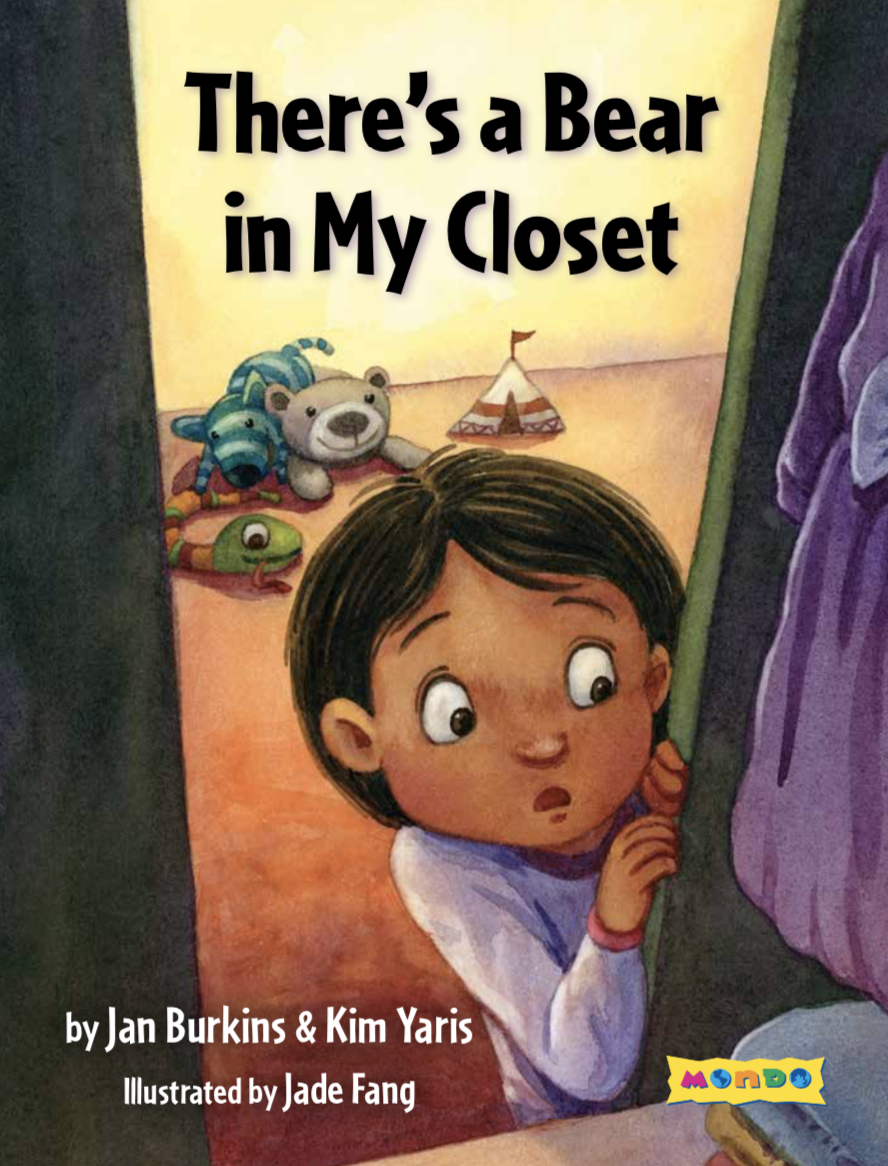
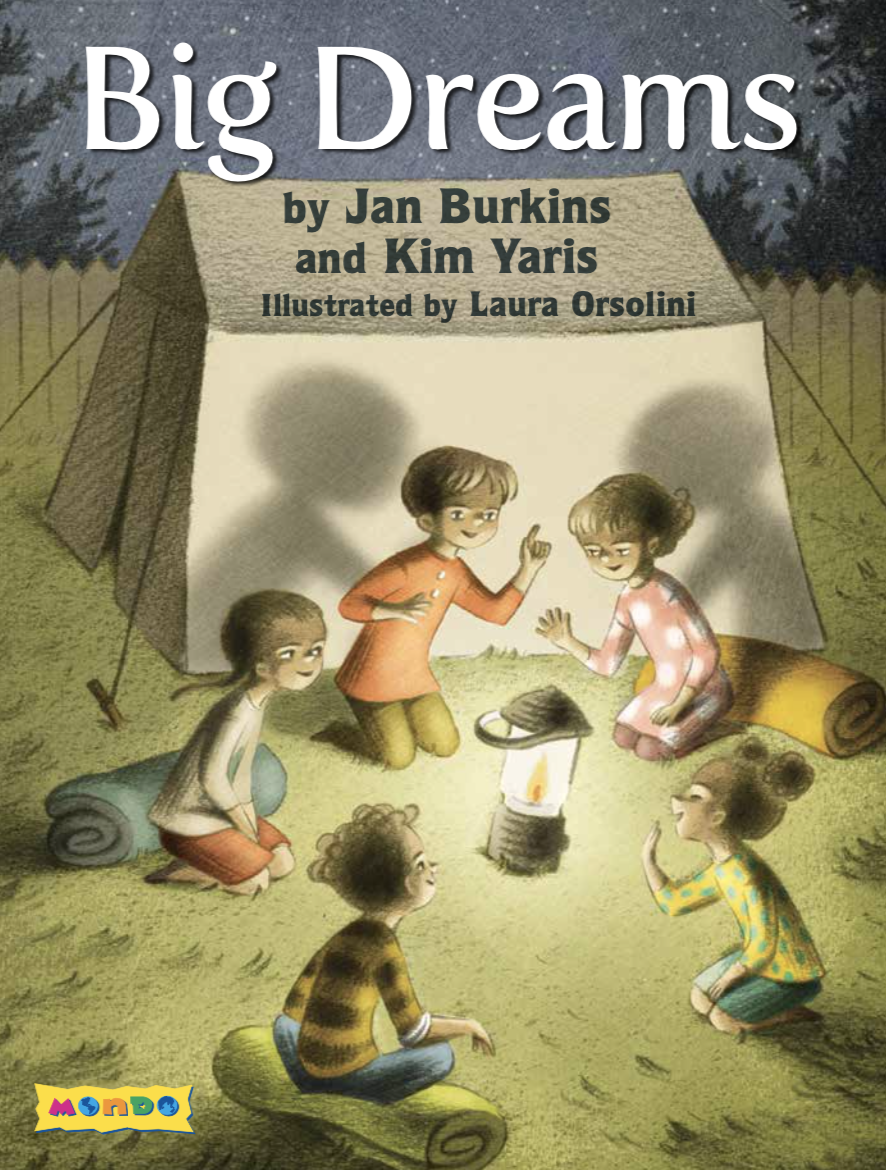
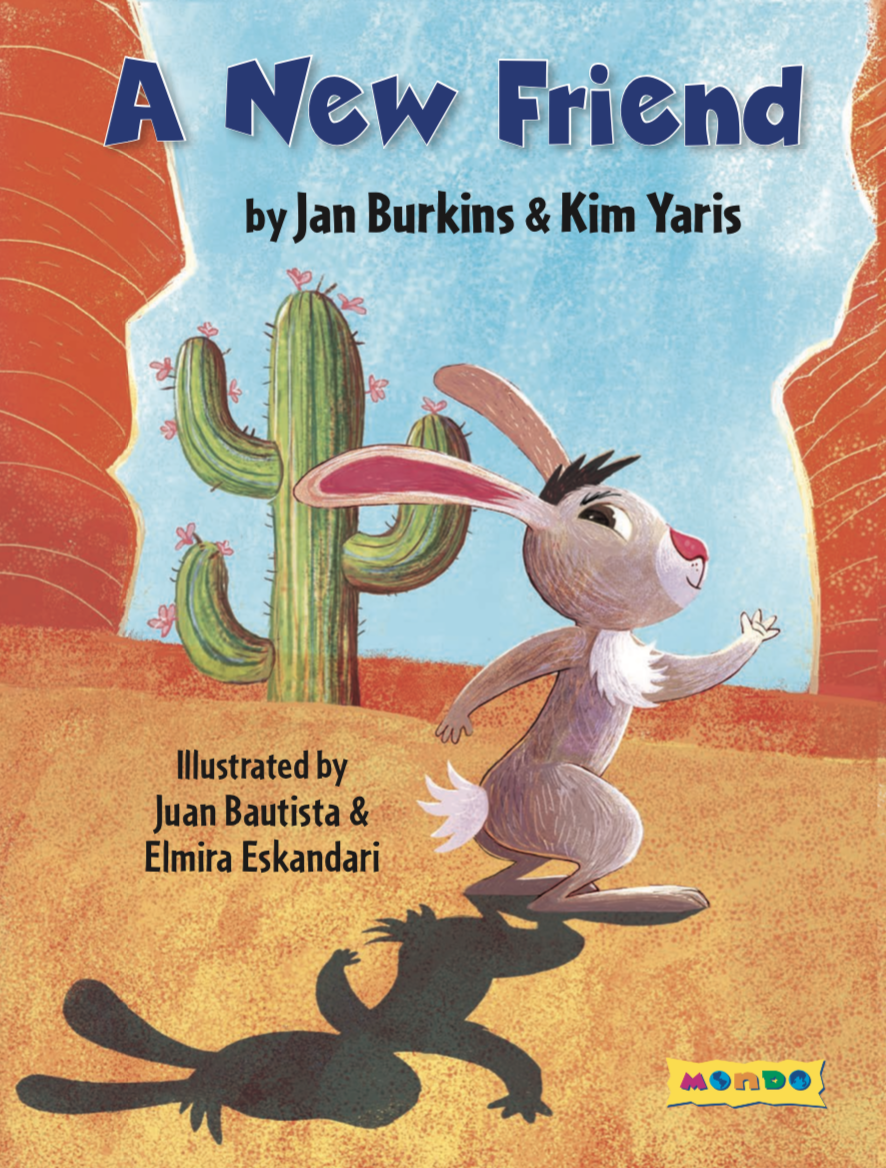
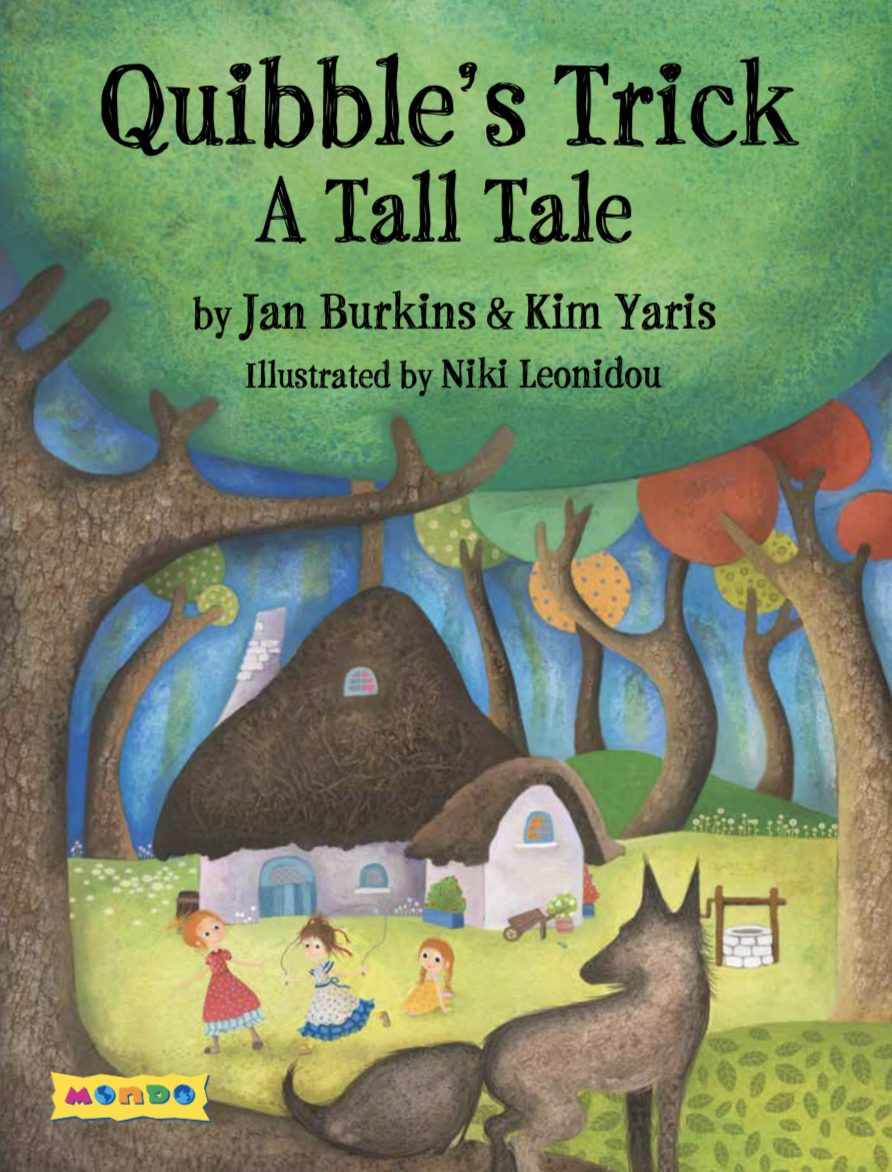
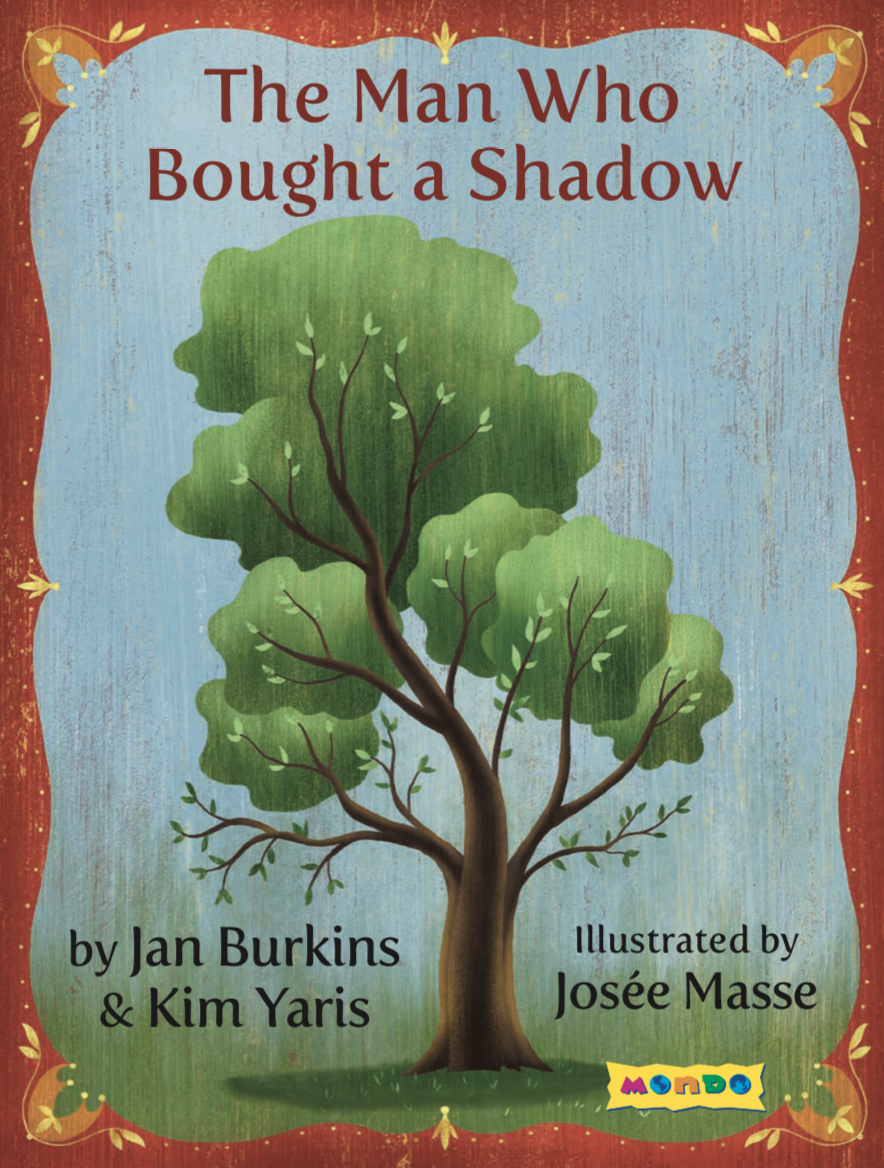
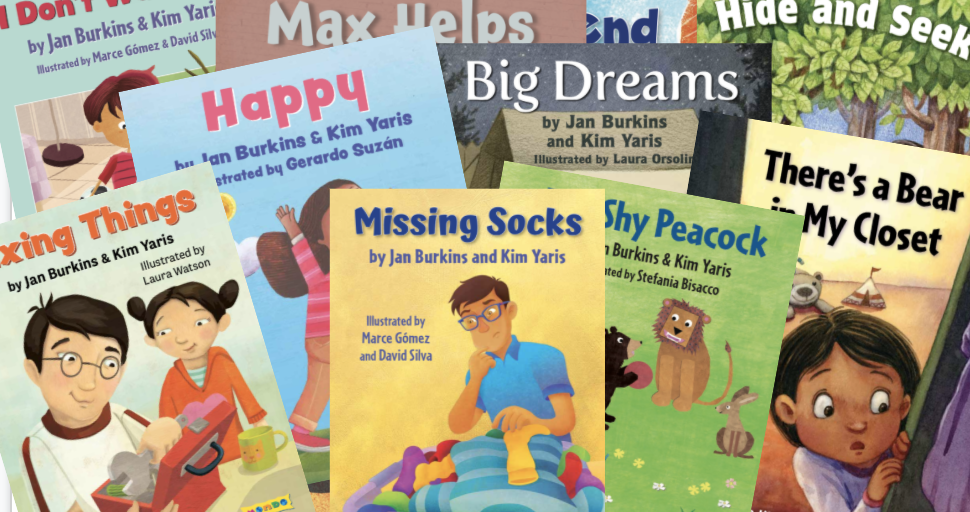
 RSS Feed
RSS Feed